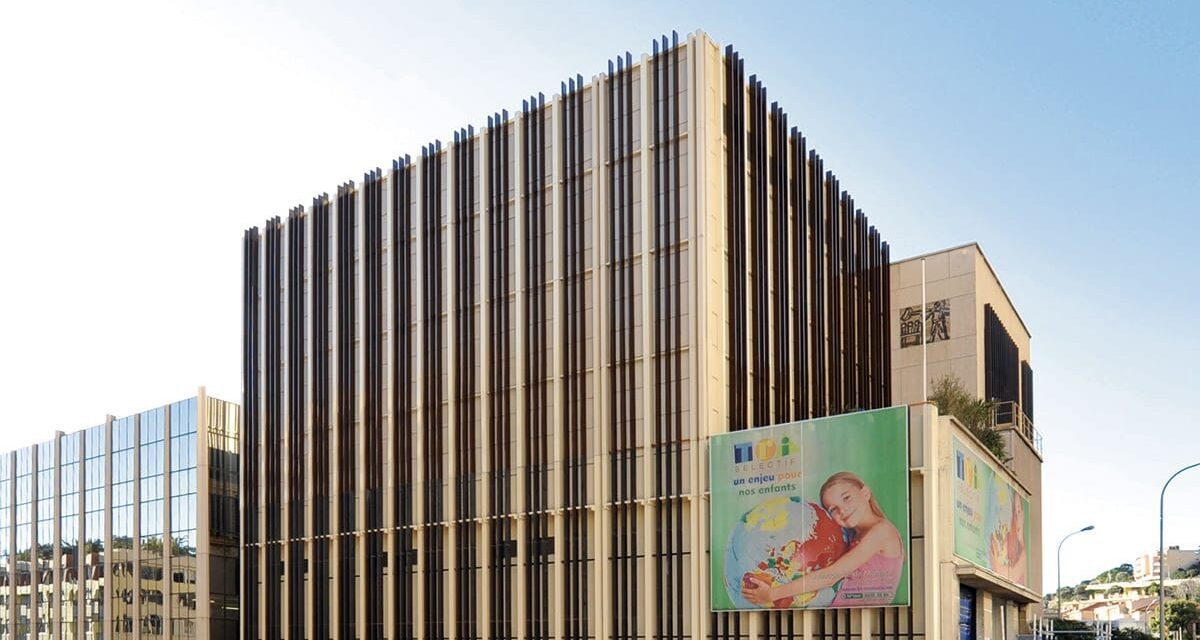Monaco has made a firm decision to keep waste management local, announcing plans to construct a new waste-to-energy facility in Fontvieille — a clear stance in favour of environmental responsibility and national sovereignty.
The current waste treatment plant, built in 1980, is reaching the end of its lifespan. Faced with the question of whether to export all waste to neighbouring France or Italy, the Monegasque Government commissioned a legal review from a European law expert. The conclusion was unequivocal: fully outsourcing waste treatment poses significant legal risks under both international and EU law.
In response, the Government has chosen to maintain a minimum domestic capacity for waste processing. This ensures Monaco retains control over an essential public service and avoids the uncertainties and dependency associated with relying entirely on foreign facilities. The decision is also rooted in a commitment to environmental standards and long-term resilience.
The much-discussed “Symbiose” project, once touted as a potential solution, has officially been set aside. Although it held promise, it was ultimately deemed unfit for purpose after a joint assessment with the prospective operator. With that option off the table, Monaco is now moving ahead with a far more grounded plan: demolishing the current Fontvieille facility and replacing it with a modern Energy Recovery Unit. This new plant will convert local waste into heating, cooling, and electricity for public utilities such as SMA, SMEG, and SMEAUX. It will also include a dedicated sewage sludge treatment system, ensuring comprehensive waste handling.
Fontvieille is currently one of the rare neighbourhoods in Europe to operate on such an efficient circular energy model, with 95% of its heat, 30% of its cooling, and a portion of its electricity sourced from waste. Dismantling this capacity would risk undermining decades of progress in local energy autonomy. Instead, the Government is betting on a smart upgrade of this proven system, reinforcing Monaco’s independence and climate commitments.
After ruling out both the uncertain route of full waste export and the impractical Symbiose initiative, the Principality is now focused on a practical, forward-looking solution — one based on a clear-eyed assessment of its needs, values, and responsibilities. Monaco, it seems, is not just taking out the trash; it’s taking charge of it.

